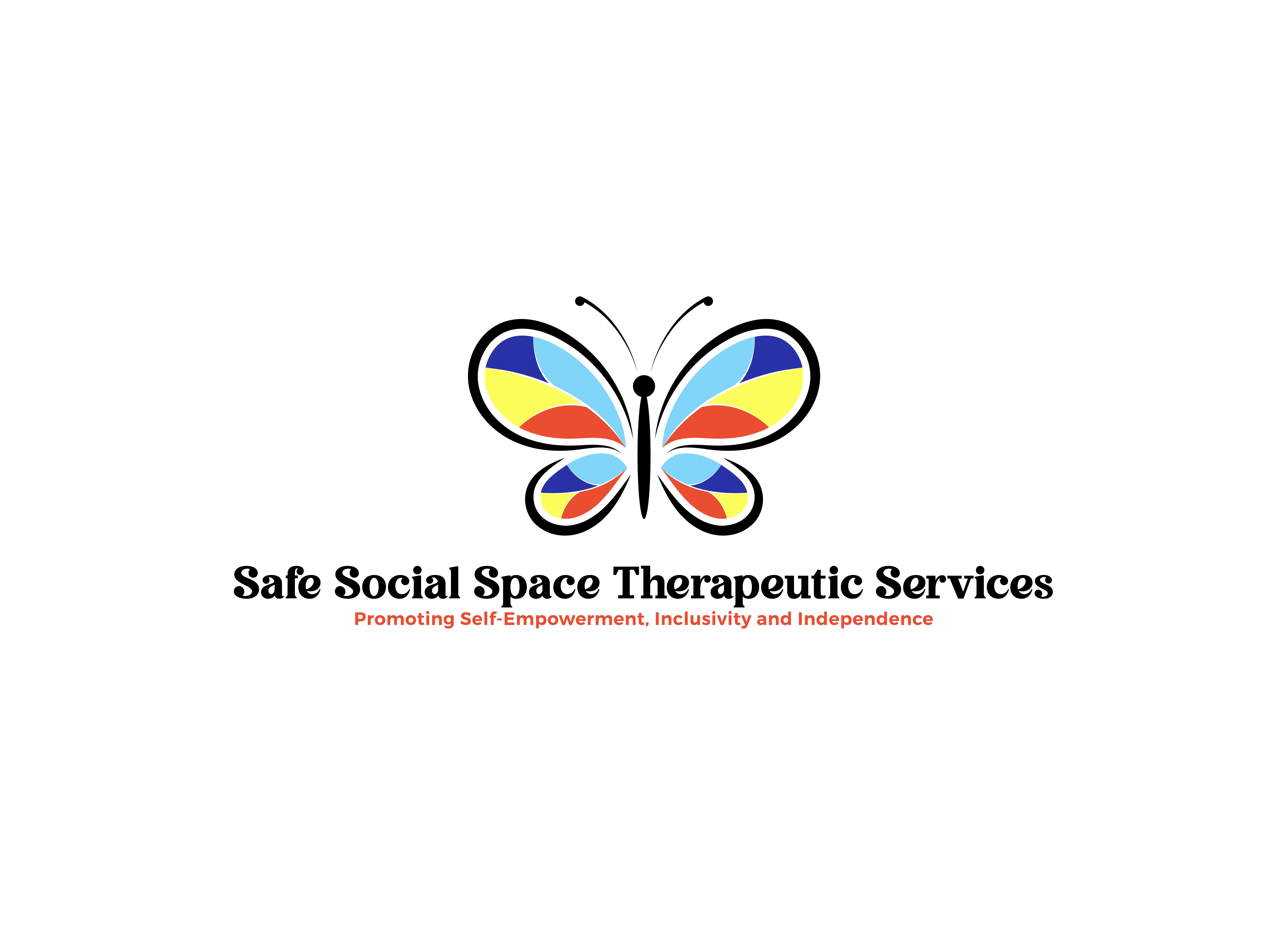FAQ
Frequently Ask Questions About Social Skills
What social skills do adults need? +
What Are They?
Showing understanding and empathy for others.
Identifying social cues (verbal, physical) to determine how others feel.
Predicting and understanding others' feelings and reactions.
Practicing empathy, including perspective taking
Recognizing individual and group strengths and differences.
What is group therapy for social skills for adults? +
Group therapy is a superior method of therapy for anyone who could benefit from learning more resilient and adaptive social skills or wishes to become more comfortable in, and less avoidant of, social situations. Groups allow people to benefit from the advice and guidance of the therapist as well as from each other.
Why are social skills important for adults? +
Social skills are important because they can help you communicate more effectively and efficiently and, as a result, help you build, maintain and grow relationships with colleagues, clients and new contacts. These skills are important to maintain and improve no matter your position, industry or experience level.
What activities improve social skills adults? +
Here are the 14 social skills I recommend to adults to help them easily test-out making new friends and related better to others.
Cooking Classes.
Animal Adoption Centers.
Foreign Language Classes.
Habitat for Humanity.
Special Interest Clubs.
Dungeons and Dragons Clubs.
Yoga Classes and Retreats.
Do adults struggle with social skills? +
Being socially awkward is not just a problem kids face; adults can battle with social skills too, leading to anxiety and even serious phobias. Struggles with social skills in adulthood can cause avoidance of social situations and interfere with building long-lasting relationships.
What causes lack of social skills? +
Learning social skills can be difficult if you weren't exposed to traditional group dynamics as a child, if you struggle with a mental illness like anxiety or depression, or even if you just didn't have a lot of positive role models when you were growing up.
What do poor social skills look like? +
They might struggle to make conversation, seem out of sync, or behave in a way that turns off other people.
People may have trouble picking up on social cues and following social rules. That can make it hard for them to fit in, form friendships, and work with others.
What are the 8 types of social skills for kids? +
8 Important Social Skills For Kids
Sharing. Sharing is a part of daily life.
Listening. Active listening is an important skill that even some adults struggle with.
Following Directions.
Collaborating And Cooperating. ...
Patience.
Empathy.
Respecting Boundaries. ..
Positivity.
What type of therapy helps with social skills? +
Social skills training (SST) is a type of behavioral therapy used to improve social skills in people with mental disorders or developmental disabilities. SST may be used by teachers, therapists, or other professionals to help those with anxiety disorders, mood disorders, personality disorders, and other diagnoses.
Which is the most important social skill? +
Empathy:
It is one of the most important social skills as that helps make conversation about the other person rather than just focusing on one's own wants and demands.
How do you teach social skills to developmentally disabled adults? +
Helping an adult with an intellectual disability to make connections with others is vital to their social growth.
Encourage and support them by joining a bowling league, taking group music lessons, or simply volunteering together at an animal rescue center. If it doesn't work out, move on, and try something else.
What are the 4 stages of group therapy? +
They are: Forming or Orienting; Storming or Transition; Norming or Cohesiveness;Performing or Working; and Adjourning or Termination.
"Empathy and social skills are social intelligence, the interpersonal part of emotional intelligence. That's why they look alike".
Daniel Goleman
